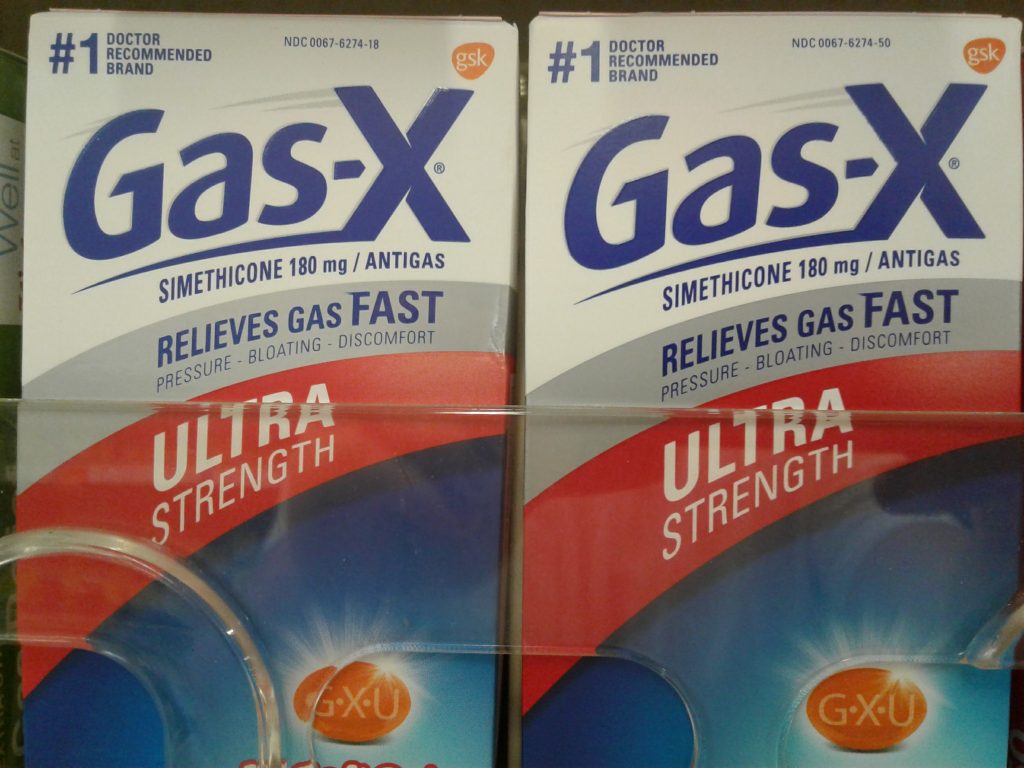
The active ingredient in Gas-X is simethicone. Unlike antacids, which target acidity in the stomach and esophagus, simethicone specifically targets gas within the stomach and intestines. Treating excessive gas can often be an uphill battle; identifying the source is usually better than merely alleviating a symptom. However, those with constant gas issues that aren’t immediately attributable to poor diet, may find relief with Gas-X. Gas-X, or simethicone, is marketed as a gas-relief aid that effectively breaks down trapped gas bubbles in the digestive tract. In theory, with the assistance of Gas-X, your body takes the initiative in clearing out the gaseous build-up.
So, is Gas-X safe to give to your dog?
The short answer is yes. There isn’t anything explicitly bad for dogs in the list of ingredients in Gas-X. So, Gas-X is indeed safe to administer to your dog, but owners are advised to consult a veterinarian first. Though Gas-X is used to treat excessive gas in humans, its use in canine physiology isn’t properly documented. If you’ve talked with your vet about using Gas-X or another product containing simethicone and they’ve approved their application, you may administer the drug to your pet.
If you do decide to go this route, make sure to give your dog a little at a time to ensure their body is reacting to the Gas-X positively. Be skeptical of online sources recommending certain dosages, and instead remember to adhere to the dosage recommended by your veterinarian. You’ll be happy to learn that it’s extremely difficult for an overdose of simethicone to prove fatal, but still, administer small doses a limited number of times a day.
Another application for Gas-X is bloating. It is our personal recommendation that you DO NOT use Gas-X to treat bloat in your dog. Bloating in dogs is a potentially fatal ailment if left untreated. The bloating can sometimes lead to a condition known as Gastric Dilatation-Volvulus (GDV) which can cause a dog’s stomach to rotate in its abdomen. You can find out more about it and a list of commonly affected breeds here. Gas-X isn’t a cure-all for bloating, but it may give an animal in distress temporary relief. However, if you do suspect that your dog is bloated, the first choice is always to see a veterinarian as soon as possible. Their life could depend on it.
In summary, though Gas-X is safe for humans and dogs alike, it’s probably best to find the source of the gas first. Proper diet and exercise are usually key. Or, perhaps, there’s a much more sinister culprit afoot in which a visit to the vet would help pinpoint the problem; Gas-X will only mask it.
